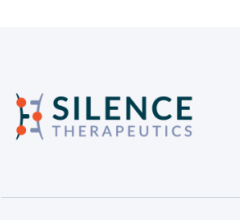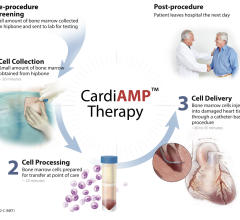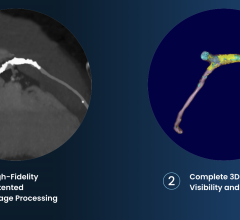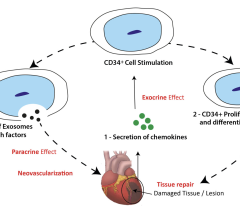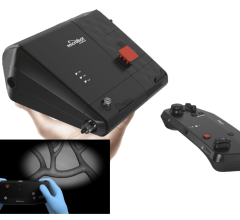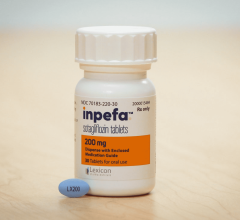December 14, 2009 – A new drug application (NDA) was recently submitted to the U.S. Food and Drug Administration (FDA) for ticagrelor, an investigational oral anti-platelet treatment for the reduction of major adverse cardiac events in patients with acute coronary syndrome (ACS).
Ticagrelor is the first reversibly binding oral P2Y12 adenosine diphosphate (ADP) receptor antagonist. ADP receptor antagonists inhibit the action of platelets in the blood to prevent platelets from sticking together, thereby reducing recurrent thrombotic events.
The proposed trade name for ticagrelor is BRILINTA, pending approval from the FDA. AstraZeneca said its submission is based on the results of a comprehensive program, including data from PLATO (A Study of Platelet Inhibition and Patient Outcomes), the phase III head-to-head trial comparing ticagrelor plus aspirin with clopidogrel (Plavix) plus aspirin. The phase III study investigated whether the inhibition of platelet aggregation seen with ticagrelor in phase II trials could lead to a reduction of cardiovascular events in the full spectrum of ACS patients, which includes patients hospitalized for unstable angina, non-ST segment elevation myocardial infarction (NSTEMI) and ST segment elevation myocardial infarction (STEMI).
PLATO involved 18,624 ACS patients in 43 countries and was designed to provide a comprehensive analysis of efficacy, safety and tolerability of ticagrelor. The study design reflected real world clinical practice by enrolling the full spectrum of ACS patients within 24 hours of their index event, and evaluating their outcomes regardless of whether they were medically managed or underwent invasive procedures such as PCI or coronary artery bypass graft surgery.
Ticagrelor is the first in a new chemical class, the CPTPs (cyclo-pentyl-triazolo-pyrimidines). Ticagrelor is chemically distinct from the thienopyridines, such as clopidogrel and prasugrel.
For more information: www.astrazeneca-us.com

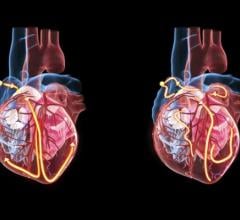
 January 14, 2025
January 14, 2025 
